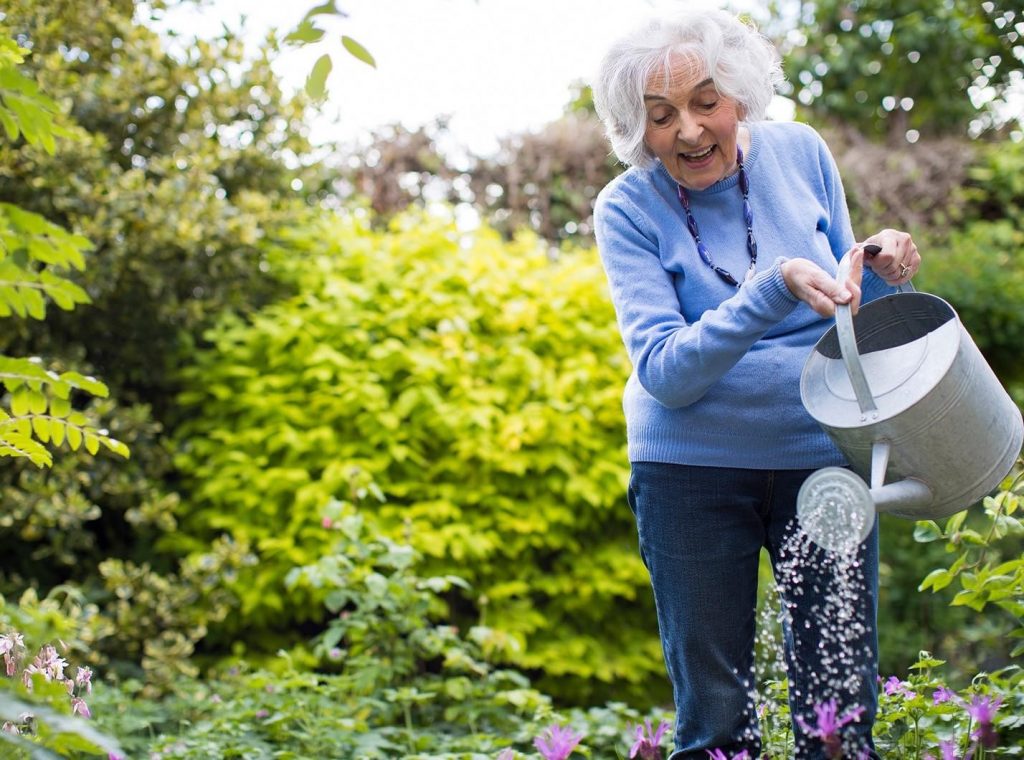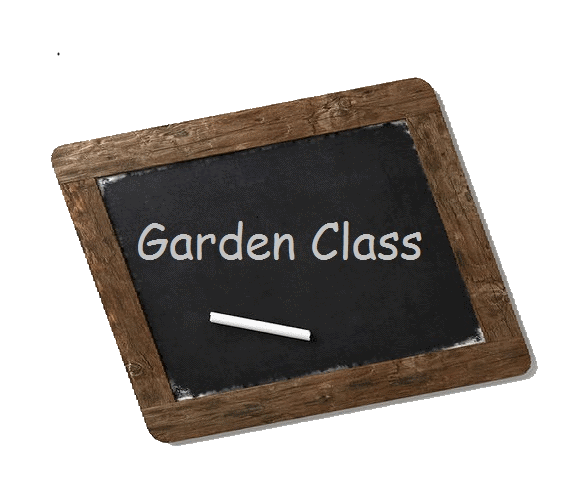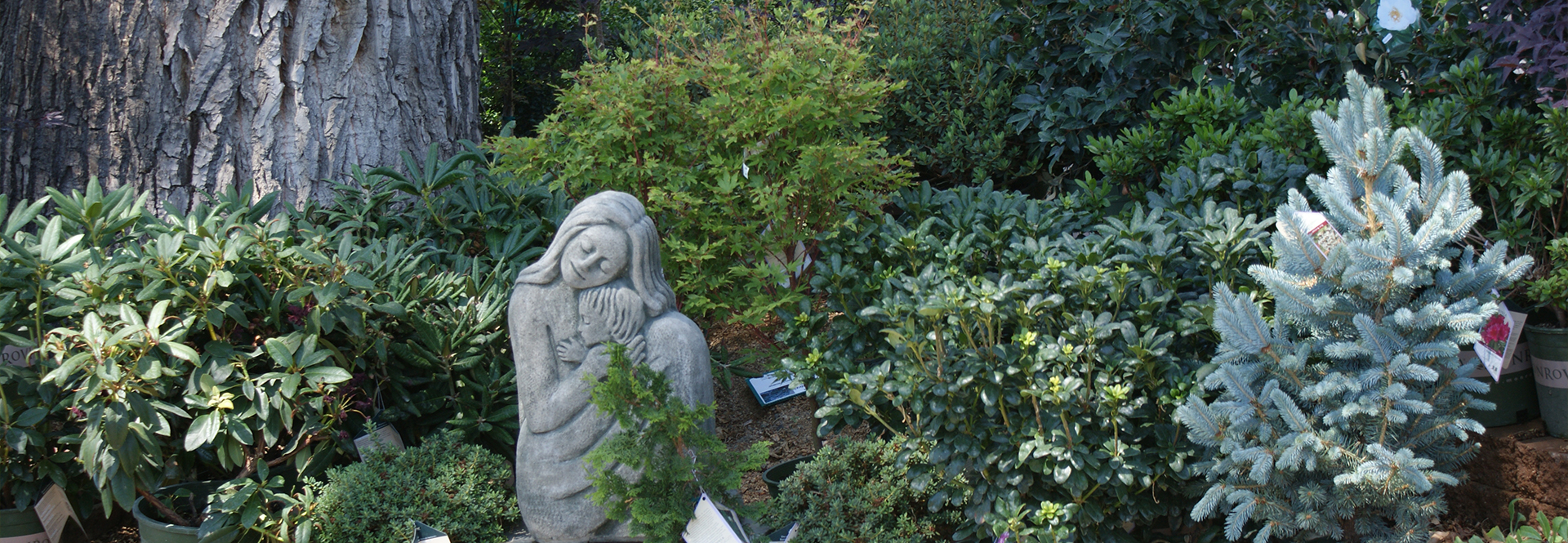by Ken Lain, the mountain gardener
Could nurturing a green thumb help you live to be 100?
Certain parts of the world, defined as “blue zones”, are famous for their many centenarian citizens. Although spread across the globe, these 100-year-olds share social support networks, daily exercise habits, and plant-based diets, that are proven significant factors to their long lives. In each of these communities, people are gardening well into their 80s, 90s, and beyond!
Okinawa, Japan, Nicoya, Costa Rica, Icaria, Greece, Sardinia, Italy, and Loma Linda in California are famed for their residents’ longevity. Here’s what scientists are saying about these blue zone denizens:

Gardening Elevates our Moods
An outdoor lifestyle with moderate physical activity is linked to a longer, healthier life, and gardening is an easy way to accomplish this benefit. “If you garden, you’re getting low-intensity physical activity most days, and you work routinely,” says National Geographic Fellow, Dan Buettner. A variety of studies confirm the physical and mental health benefits of gardening.
In a recent study, Dutch scientists asked participants to complete a stressful task, then divided them into two groups. One group read indoors and the other gardened outdoors for 30 minutes. The group that read reported their mood “further deteriorated.” The gardening group had lower levels of the stress hormone cortisol and felt “fully restored” to a good mood.
Australian researchers tracked men and women in their late 60s. They found those who gardened regularly had a 36% lower risk of dementia than non-gardeners.
Preliminary studies among elderly people suffering from dementia and Alzheimer’s report benefits from garden settings and horticulture therapy. The study suggests sunlight and fresh air help agitated elders feel calmer. Simultaneously, colors and textures of various plants and vegetables improve visual and tactile abilities.
There is no panacea for growing old, but there is enough scientific research to suggest that gardening does appear to improve our quality of life as we age.
Gardens Nurture
Dr. Bradley Willcox, University of Hawaii, studies centenarians in Okinawa, Japan. Many residents maintain small personal gardens well into old age. He also found that positive health effects are derived from the social benefits of gardening.
He says that gardening helps with other essential, if somewhat more ephemeral, factors in increasing longevity. “In Okinawa, they say that anybody who grows old healthfully needs an “ikigai”, a reason for living. Gardening gives you something to get up for every day,” says Dr. Willcox.
Okinawans value the concept of “yuimaru” or a high level of social connectedness. “Getting together at a local market, bringing your produce and sharing your latest creations from the garden is a big social activity,” he says. “That certainly helps people feel grounded and connected.”
A Harvard University study showed people who were surrounded by lush greenery lived longer, with a lower chance of developing cancer and respiratory illnesses. Doctors in Scotland can now prescribe a walk-in nature to reduce blood pressure and anxiety and improve overall happiness.
Healthier Food from the Garden
There is a dietary component to longevity that gardening benefits. Researchers have demonstrated a link between a “Mediterranean diet” rich in vegetables, fruits, whole grains, legumes, nuts, fish, and olive oil.
Gardeners are more likely to plant what they like to eat. Dr. Willcox adds, “When you eat vegetables you’ve grown yourself; it changes everything. The produce tastes better, and there’s more nutrition in the vitamins, minerals, phytoactive compounds, etc. of the food harvested.”
“I use the analogy of a chair,” says Dr. Willcox. “Diet, physical activity, mental engagement, and social connection are the four legs of the chair. If you don’t have one of these, you fall out of balance and shorten life expectancy. Longevity isn’t about one single factor – it’s about sharing a constellation of them all.”

Nurturing green thumbs is the purpose of Watters’ gardening classes. We invite you to join us.
Summer Gardening Classes Announcement – Classes will be held outdoors here at Watters Garden Center with lots of plants to maintain social distancing between our students! We upgraded our P.A. system; it makes a direct link to our live Facebook stream for the classes, held every Saturday from 9:30 to 10:30 am. Here is the summer lineup:
June 13 – The Doctor is in the House – How to Heal Sick Plants
June 20 – Perennial Plants that Thrive in Summer Heat
June 27 – Best Mountain Fruit Trees; How to Plant in Summer
July 11 – Plant Better Berries and Grapes
July 18 – Avoid these Common Pests at All Costs
Until the next issue, I’ll be helping local gardeners reach for their centenarian statuses by explaining gardening’s “do’s-n-don’ts” here at Watters Garden Center.
Ken Lain can be found throughout the week at Watters Garden Center, 1815 W. Iron Springs Rd in Prescott, or contacted through his web site at WattersGardenCenter.comor FB.com/WattersGardenCenter.

